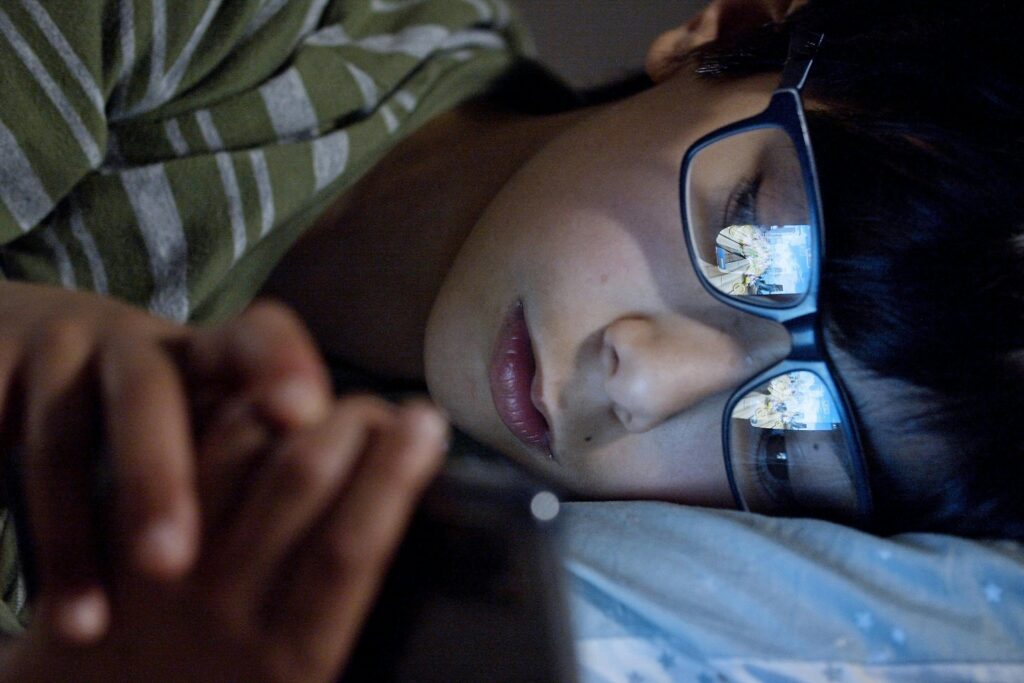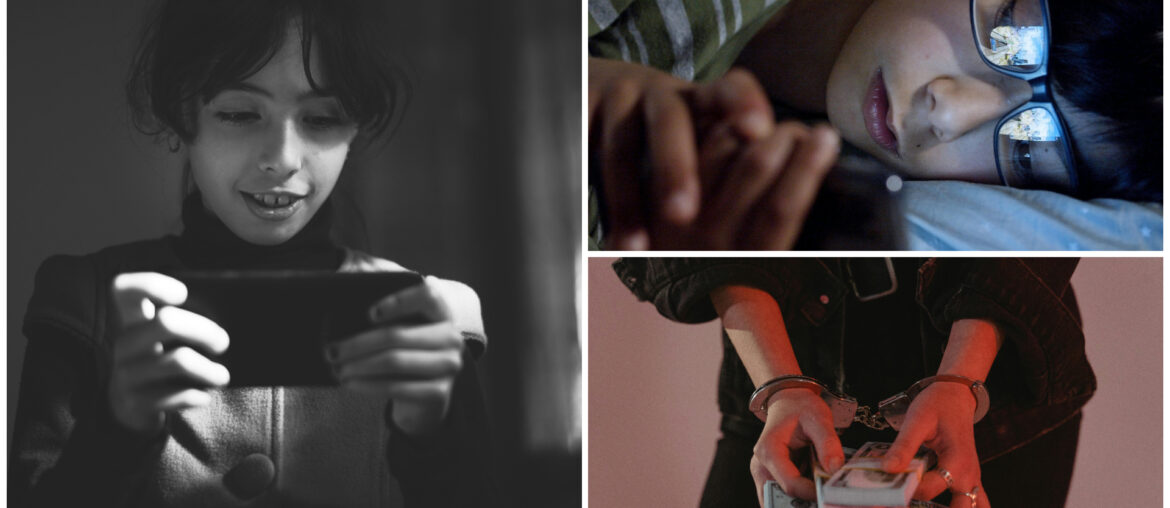“Childhood should be carefree; playing in the sun; not living a nightmare in the darkness of the soul” –Dave Pelzer

Before the rise of technology, children were often lured into dangerous situations right on the streets—enticed with candy and treats into vans, falling prey to sexual abuse and exploitation. Today, in the digital age, many children spend more time online than outdoors. Parents thought their children would be safe by keeping them distracted with technology away from the perils outside their homes. Unfortunately, they’re wrong. We don’t know what is safe or not anymore as the risks of exploitation still exist, only now they are digital,
While the internet offers incredible opportunities for children, it also poses significant threats. In 2022, nearly half a million children in the Philippines were trafficked for online sexual exploitation. Reports say many were groomed or promised gifts and money in exchange for explicit photos and videos. Some were even threatened or blackmailed for not doing so, they do not know where to get help in fear of the threat.
WELCOME TO DIGITAL REALITY

It’s horrifying to think that there is a global demand for abusive content featuring children, but it is a harsh reality. The Philippines, sadly, is one of the largest sources of this illegal business. To protect our children from these predators, we need to be more vigilant about their online activities. Providing unrestricted access to devices opens doors to potential abuse. Instead, we should prioritize their education and well-being through real-world interactions, offering toys or educational tools over smartphones. A basic flip phone might be a reasonable compromise for emergency communication, but access to social media should be limited or nonexistent. Children are not yet equipped to recognize scams, sexual harassment, or other online threats.

PROTECT OUR CHILDREN!!
As parents in this digital age, it’s crucial to have open conversations with our children about online dangers. Discussing topics like online predators and sexual exploitation can go a long way in establishing trust and safety. Helping children understand the risks of sharing personal information online is one of the first steps in keeping them safe from those who wish to do them harm.



Comments are closed.